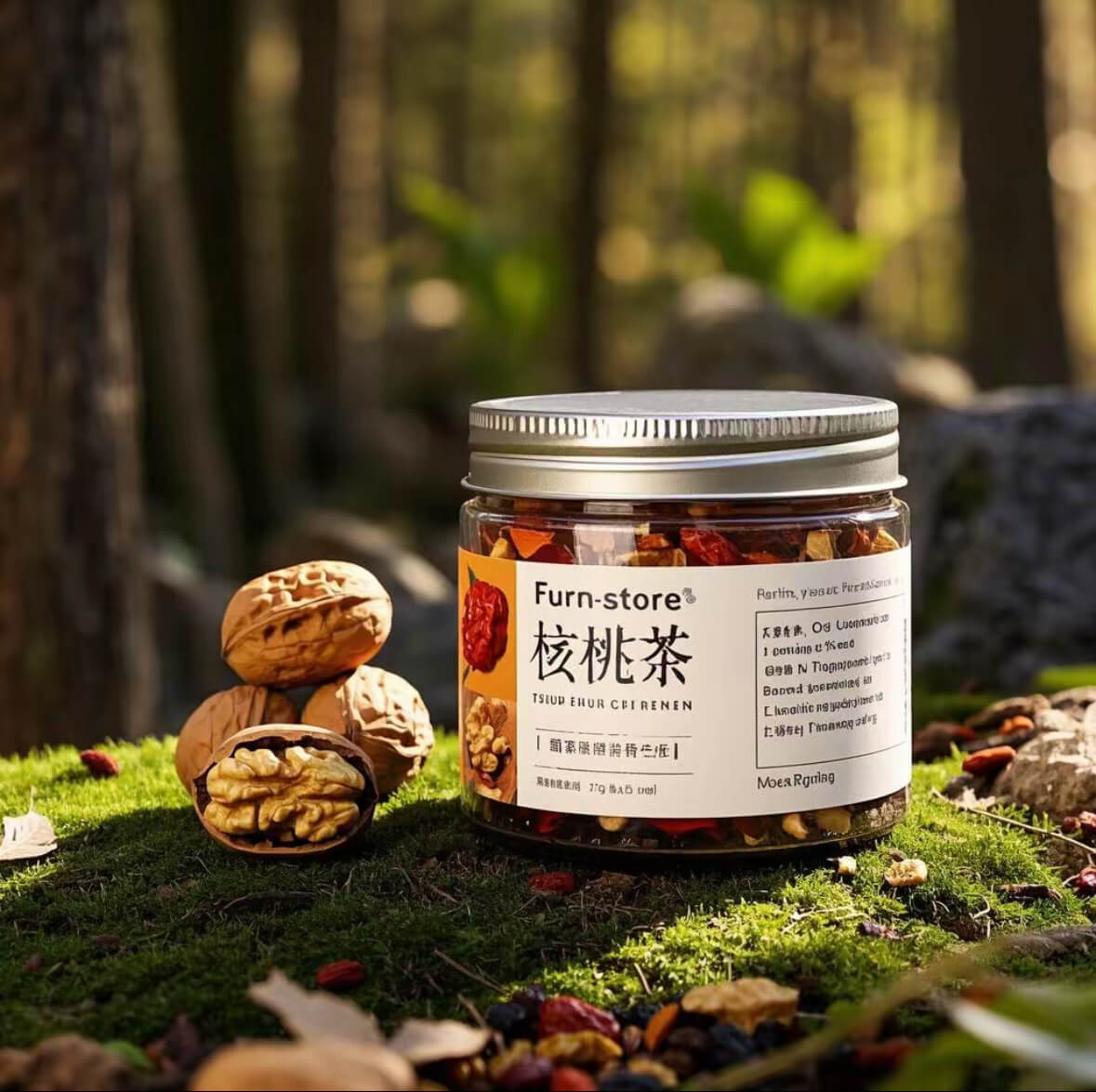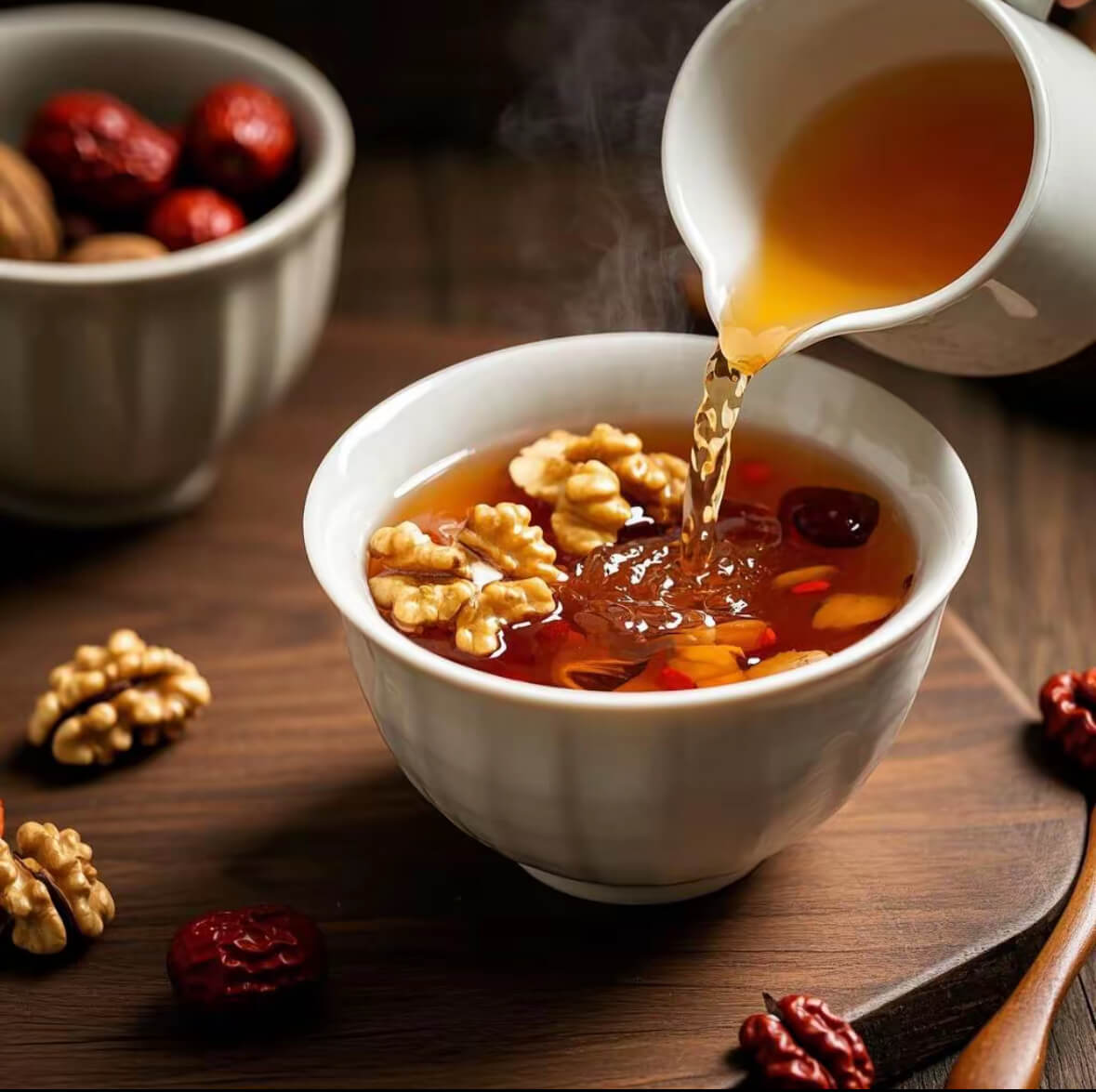
Can You Drink Green Tea While Fasting?
Share
Table of Contents:
Fasting has become an increasingly popular health and wellness practice, with people exploring various forms of intermittent, extended, or religious fasting. While the benefits of fasting are well-documented, one common question that arises is whether certain beverages, like green tea, are permissible during a fast.
At furn-store.com, we understand the importance of navigating the complexities of fasting while still maintaining a healthy and balanced lifestyle. In this blog post, we'll dive into the relationship between green tea and fasting, exploring whether it's possible to enjoy the benefits of this antioxidant-rich beverage without breaking your fast.
Understanding Fasting
Fasting, in its simplest form, is the voluntary abstinence from food and, in some cases, certain beverages for a specified period. The reasons for fasting can vary, from religious observances to weight management and overall health improvement.
During a fast, the body enters a state of ketosis, where it begins to burn stored fat for energy instead of relying on glucose from food. This metabolic shift can have numerous benefits, including improved insulin sensitivity, reduced inflammation, and enhanced cognitive function.
However, it's important to note that not all beverages are created equal when it comes to fasting. Consuming certain liquids, even those that may seem innocuous, can potentially disrupt the fasting state and impact the desired outcomes.
Green Tea and Fasting
Green tea is a beloved beverage known for its rich antioxidant content, including compounds like catechins and polyphenols. These compounds have been linked to a variety of health benefits, from improved cardiovascular function to enhanced cognitive performance.
When it comes to the caloric content of green tea, it's generally considered a low-calorie option, with a typical 8-ounce cup containing around 2-4 calories. This low-calorie profile is one of the reasons why green tea is often touted as a suitable beverage for those following a fasting regimen.
Does Green Tea Break a Fast?
The question of whether green tea breaks a fast is a topic of ongoing debate among health and wellness experts. The answer, it seems, lies in the nuances of how the body responds to the various compounds found in green tea.
On the one hand, green tea does not contain any significant amount of calories or macronutrients, which are typically the primary factors that determine whether a food or beverage breaks a fast. Additionally, the caffeine and antioxidants in green tea may even provide some benefits during a fast, such as a potential boost in metabolism and reduced oxidative stress.
However, green tea does contain a small amount of calories, as well as compounds like amino acids (such as L-theanine) that can potentially trigger an insulin response in the body. While the impact of these compounds is generally considered minimal, some experts argue that they may still be enough to technically break a fast.
Ultimately, the decision of whether to consume green tea during a fast often comes down to individual preference and the specific goals of the fasting regimen. Many health professionals suggest that moderate consumption of green tea, particularly in the earlier stages of a fast, is unlikely to have a significant impact on the overall fasting process.
Benefits of Green Tea During Fasting
Despite the ongoing debate, there are several potential benefits to incorporating green tea into your fasting routine:
Metabolism Boost
The caffeine and catechins in green tea have been shown to potentially increase metabolic rate, which can be particularly beneficial during a fast when the body is already in a fat-burning state.
Antioxidant Protection
The powerful antioxidants in green tea can help neutralize free radicals and reduce oxidative stress, which can be heightened during periods of fasting.
Appetite Suppression
Some research suggests that the compounds in green tea may help suppress appetite, potentially making it easier to adhere to a fasting regimen.
Best Practices for Drinking Green Tea During Fasting
If you decide to incorporate green tea into your fasting routine, it's important to do so mindfully and in moderation. Here are some best practices to consider:
Timing of Consumption
It's generally recommended to consume green tea during the earlier stages of a fast, as the body may be more sensitive to any potential insulin response later in the fasting period.
Quantity
Stick to a single 8-ounce cup of green tea or less, as consuming larger quantities may increase the risk of breaking your fast.
Potential Side Effects
While green tea is generally well-tolerated, some individuals may experience side effects like jitteriness or digestive discomfort, especially when consumed on an empty stomach during a fast.
Ultimately, the decision to drink green tea while fasting is a personal one that should be made in consultation with your healthcare provider, who can help you determine the best approach based on your individual health goals and fasting regimen.
Conclusion
Navigating the complexities of fasting can be a challenging but rewarding journey. When it comes to the role of green tea, the evidence suggests that moderate consumption is unlikely to significantly disrupt the fasting process, and may even provide some additional benefits.
At furn-store.com, we encourage our customers to explore the potential synergies between green tea and fasting, while always prioritizing their overall health and wellness. By staying informed and listening to your body, you can find the right balance that supports your fasting goals and allows you to enjoy the many benefits of this antioxidant-rich beverage.
Remember, as with any health and wellness practice, it's always best to consult with a qualified healthcare professional before making significant changes to your routine. They can provide personalized guidance and support to help you achieve your goals safely and effectively.
Happy fasting, and enjoy your green tea!








